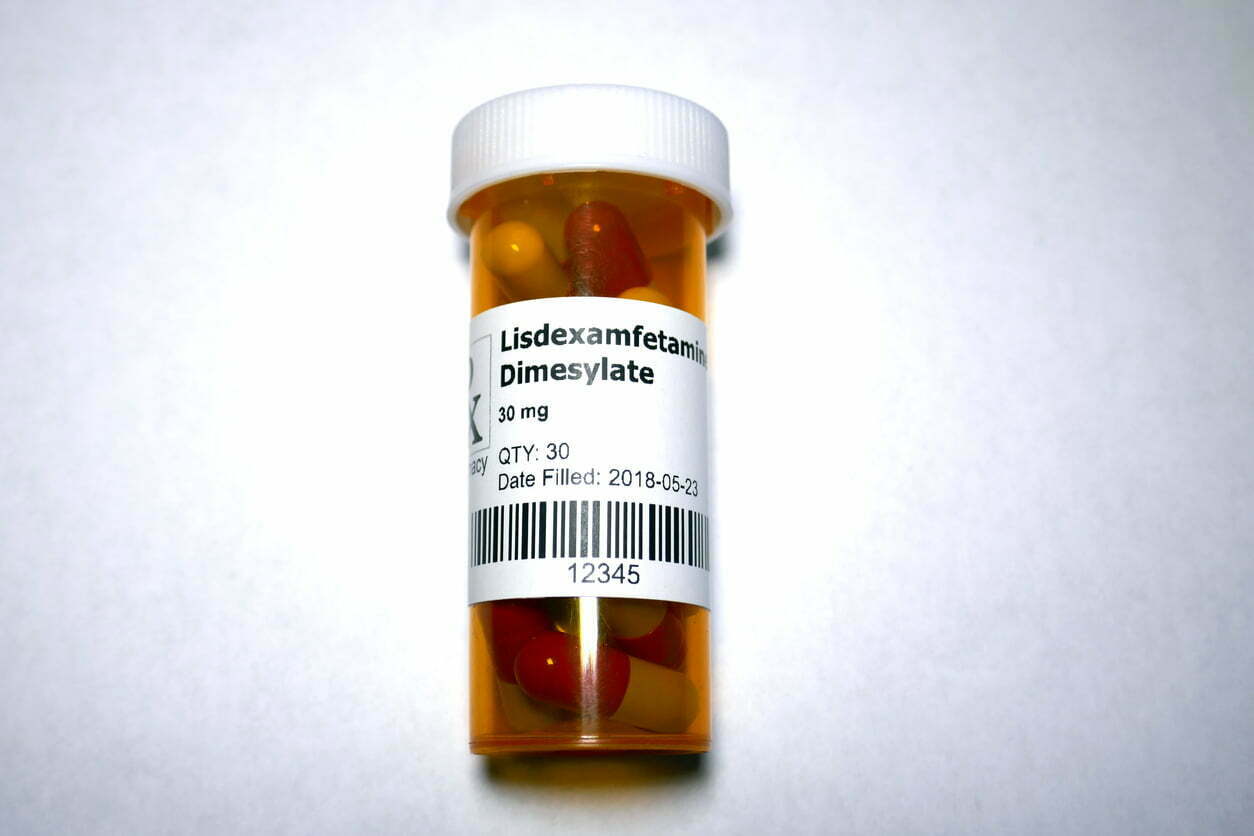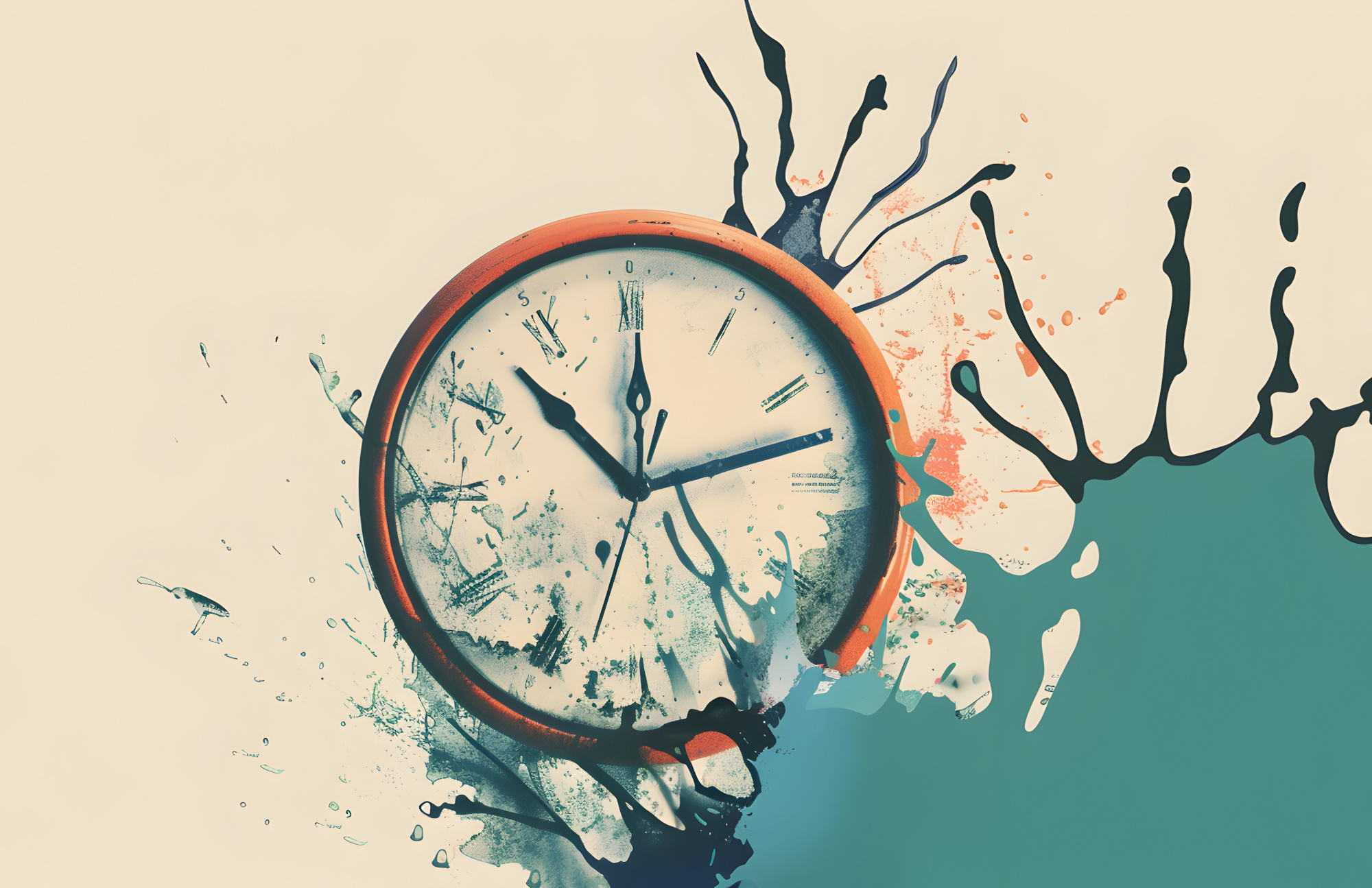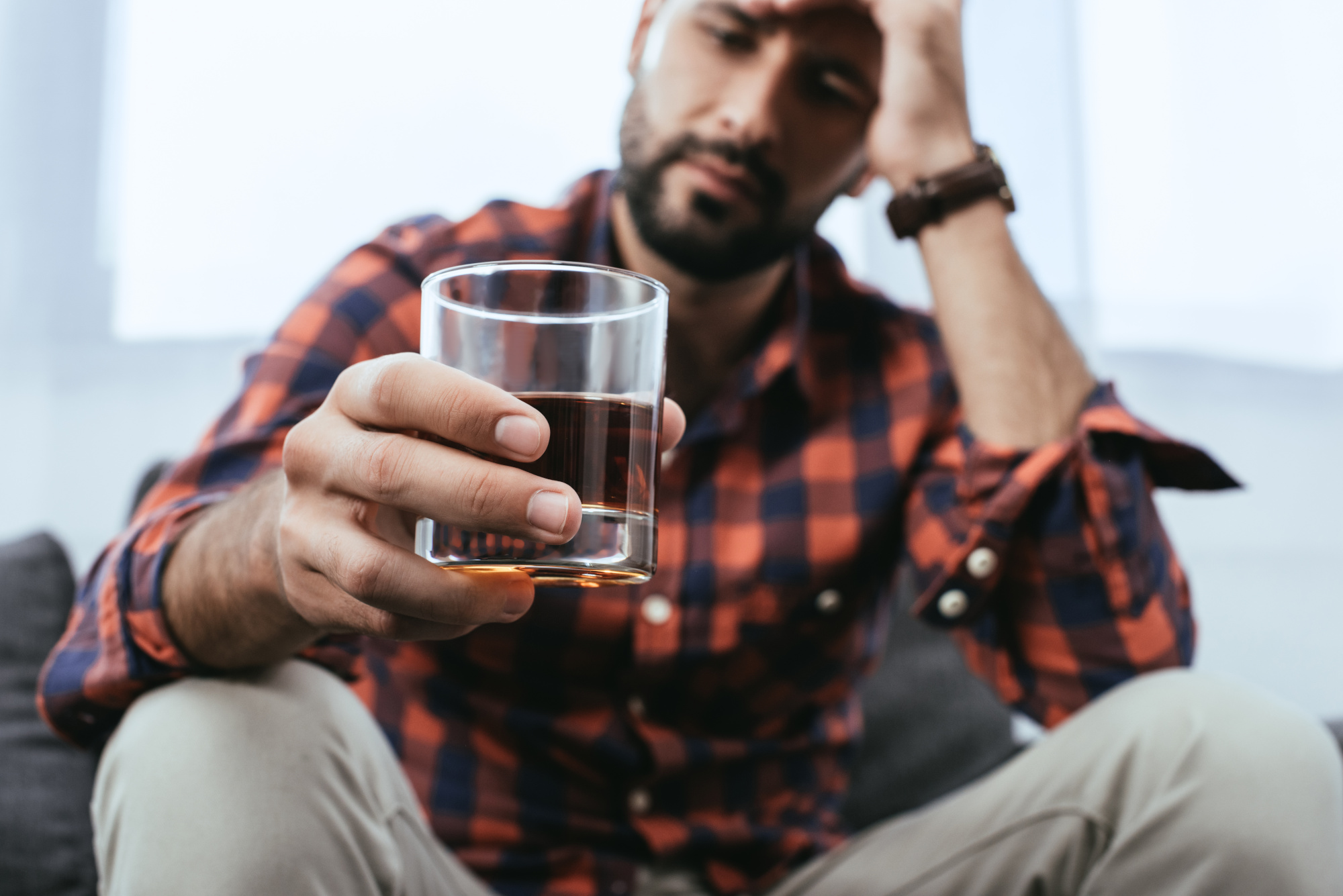Yes, you can snort Vyvanse, but it is not safe nor recommended.
Vyvanse is the medication prescribed for treating ADHD (attention-deficit hyperactivity disorder) and BED (binge-eating disorder). This drug is a stimulant of the central nervous system, which interacts with numerous neurotransmitters in the brain.
By taking this medication, a person can experience a boost in attention levels, alertness, and energy levels. While it is an effective treatment for people with the aforementioned disorders, this medication has the potential of being abused.
When someone abuses Vyvanse, they may experience many adverse short- and long-term effects, including becoming addicted to Vyvanse snorting. In this blog, we’ll go through the dangers of snorting Vyvanse and how to overcome Vyvanse abuse.
What Is Vyvanse?
Vyvanse (lisdexamfetamine) is a prescription medication that belongs to a class of drugs known as central nervous system (CNS) stimulants. It is approved by the FDA for the treatment of attention deficit hyperactivity disorder (ADHD) in adults and children, as well as for the management of binge eating disorder (BED) in adults.
Vyvanse works by affecting certain chemicals in the brain that contribute to hyperactivity and impulse control, helping to improve focus, attention, and the ability to stay still and listen. Unlike immediate-release stimulant medications, Vyvanse is formulated to provide a slow release of the active ingredient, offering a longer duration of action and a reduced potential for abuse compared to some other stimulant medications. However, some still try to snort Vyvanse instead of taking it orally, as prescribed.
Abusing Vyvanse and The Dangers
Abusing Vyvanse can have serious and potentially life-threatening consequences. The drug is a CNS stimulant that can cause physical and mental health problems, especially when taken in high doses or outside of a prescribed regimen.
One of the primary risks associated with Vyvanse abuse is the risk of overdose. Overdose can cause seizures, heart attack, stroke, or even death. Other physical risks of abuse include high blood pressure, rapid heart rate, and cardiovascular problems.
In addition to the physical risks, abusing Vyvanse can also cause a range of mental health problems, such as anxiety, depression, and psychosis. Chronic abuse can lead to long-term damage to the brain and other organs, and can even result in permanent changes in behavior and mood.

Is it Safe to Snort Vyvanse?
No, it is unsafe to snort Vyvanse or abuse it in any manner.
Vyvanse is a prescription medication designed to be taken orally, and snorting it can cause serious harm to your body and mind.
When Vyvanse is snorted, the drug is absorbed more quickly into the bloodstream, bypassing the intended route of administration. This can lead to a rapid onset of effects that can be overwhelming and potentially dangerous. Snorting Vyvanse can cause damage to your nasal passages, increase your heart rate and blood pressure, and cause a range of mental health problems such as anxiety, agitation, and even psychosis.
What Happens If You Snort Vyvanse?
Some people may attempt to abuse Vyvanse by snorting it, which involves crushing the tablets into a powder and inhaling it through the nose. This method of ingestion can have serious consequences on the body and brain.
When Vyvanse is snorted, it bypasses the intended route of administration, which means that the drug enters the bloodstream faster and in higher concentrations. This rapid and intense onset of effects can lead to a surge of dopamine in the brain, which can create a sense of euphoria, increased energy, and alertness. However, these effects are short-lived and can quickly give way to negative side effects.
Snorting Vyvanse can cause a number of adverse physical and mental health effects, including:
- Damage to nasal passages: Inhaling powdered drugs can damage the sensitive nasal tissues, leading to inflammation, bleeding, and other complications.
- Increased heart rate and blood pressure: Vyvanse is a stimulant drug, and snorting it can cause a rapid increase in heart rate and blood pressure, which can put a strain on the cardiovascular system and increase the risk of heart attack, stroke, and other complications.
- Agitation and anxiety: Snorting Vyvanse can cause feelings of restlessness, irritability, and anxiety, which can be overwhelming and lead to further drug abuse.
- Psychosis and other mental health problems: Chronic abuse of Vyvanse can cause a range of psychiatric disorders, such as hallucinations, delusions, paranoia, and even psychosis.
It’s important to note that snorting Vyvanse is illegal and can lead to serious legal consequences. Furthermore, attempting to snort the drug is a sign of substance abuse and should be taken seriously. If you or someone you know is struggling with addiction, it’s crucial to seek help from a qualified healthcare professional or addiction treatment specialist to avoid the serious risks and consequences associated with Vyvanse abuse.
Short-term and Long-term Effects of Snorting Vyvanse
Some of the short-term effects that one can experience when snorting Vyvanse include:
- Dry mouth
- Anxiety
- Decreased appetite
- Difficulty in sleeping
- Irritability
- Constipation
- dizziness
- Increased blood pressure
- Increased heart rate
When this drug increases one’s blood pressure and heart rate, it can lead to dangerous consequences, such as irregular heartbeat, cardiac arrest, or seizures.
Through continuous use, substance users can experience more severe long-term effects that can be detrimental to their health. Some of which are psychological and physical dependence, psychosis, anger, and paranoia. Besides these, below are other examples of dangerous effects related to snorting Vyvanse.
Nasal Damage
Vyvanse was not designed to pass through the nasal passages. Because of this, it can lead to serious damages to the roof of the mouth and the nasal airway. These damages include runny nose, chronic sinus infections, nasal septum perforation, loss of the sense of smell, and respiratory infections.
Increased Cardiovascular Risks
As mentioned earlier, taking extremely high doses of Vyvanse can lead to increased heart rate, which in turn can significantly increase the risk of developing cardiovascular problems. That being said, with the continuous use of Vyvanse, an individual can be vulnerable to developing the following conditions:
- Stroke
- Cardiac arrest
- Heart attack
- High blood pressure
- Rapid heart rate
Vyvanse Overdose
A person taking Vyvanse in a way that’s not prescribed to them or in an amount much higher than that of the recommended dosage can result in a life-threatening overdose. The danger here is that an overdose doesn’t only occur after a period of time. It’s entirely possible to overdose after a single use.
Vyvanse Addiction
Despite the fact that Vyvanse was originally developed as a safe stimulant medication (under Schedule II controlled substances), it carries a high risk of dependence and abuse, which can lead to an addiction.
How to Recognize Vyvanse Addiction
So the question now is: how do you recognize Vyvanse addiction? If a loved one suffers from addiction, it can sometimes be challenging to distinguish between their normal anxiety or moodiness and signs of substance use. But, there are certain behaviors that a user does that can point to a possible addiction. These are:
- Problems with school or work
- Physical health issues (such as lack of motivation, energy, extreme weight loss or gain, red eyes, dilated pupils, and vomiting)
- Drastic changes in normal routine or daily lifestyles
- Neglected appearance
- Consistent issues with money
Vyvanse Withdrawal Symptoms
Vyvanse addiction and withdrawal go hand-in-hand. If someone is using this drug, there’s a high chance that they’re also experiencing withdrawal symptoms, leading them to continue using this substance. These can include:
- Anxiety
- Depression
- Endless cravings
- Increased appetite
- Drowsiness and an increased desire to sleep
- Difficulty in finding or feeling any type of pleasure
The intensity and the duration of these symptoms can vary depending on how long they’ve been using and how high of a dosage they’ve been taking when they snort Vyvanse.

Treatment Options for Vyvanse Addiction
Treating Vyvanse addiction, abuse, and withdrawal is a complex situation that needs proper care. Fortunately, there are addiction treatment facilities that you can go to that offer detox, outpatient, and inpatient programs.
Likewise, there are behavioral therapies available to prolong the positive effects of stimulant use treatments. These include cognitive behavioral therapy, community reinforcement approach, and motivational interviewing.
The facilities will tailor the programs to meet your needs so you can heal not only physically, but mentally and emotionally as well.
Get Help for Vyvanse Addiction Today
If you or someone you know is struggling with Vyvanse abuse or addiction, please know that you are not alone. It can be difficult to acknowledge that there is a problem, but taking action is an important step toward recovery. Seeking help from a qualified healthcare professional or addiction treatment specialist, like The Ohana, is the best way to address this issue and get the support you need to overcome the addiction. Don’t snort Vyvanse or abuse other prescription drugs—contact us today to find freedom from addiction. At The Ohana, our team of trained professionals utlizes a variety of evidence-based treatments and therapies to create a tailored treatment plan for each individual. Our luxury rehab features upscale amenities like premium rooms, gourmet dining, spa services, and fitness centers. The beautiful Big Island of Hawaii provides the perfect backdrop for improving your well-being and beginning to flourish.
Remember, recovery is a journey, and there is hope. Don’t hesitate to reach out for help today.







